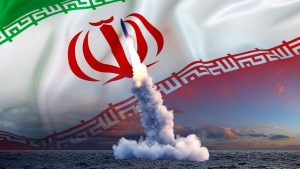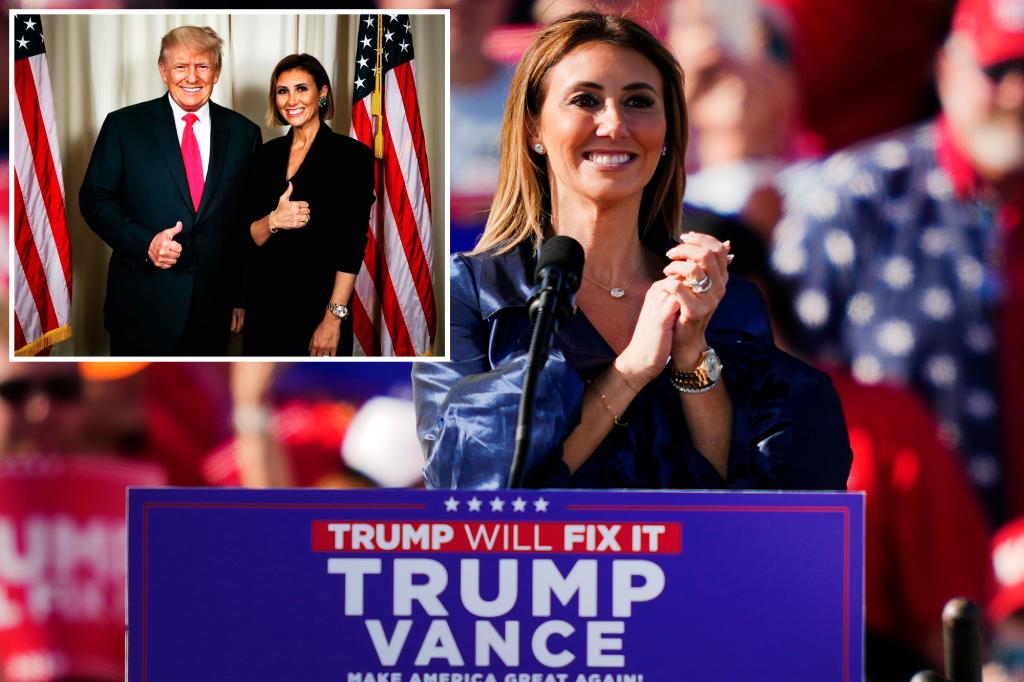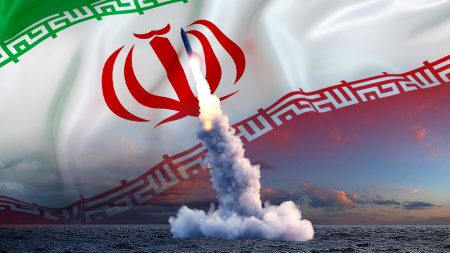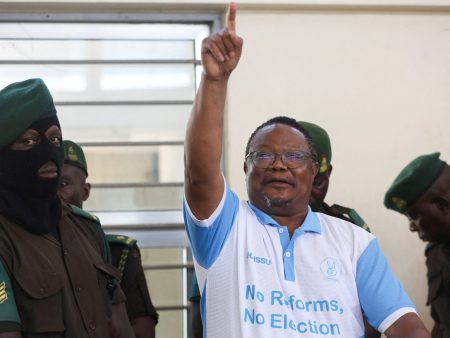Alina Habba’s Appointment as Counselor to the President
Donald Trump’s selection of Alina Habba as his Counselor to the President marks a significant appointment in his incoming administration. Habba, a seasoned lawyer who has represented Trump in several high-profile legal battles, brings a unique blend of legal expertise and fierce loyalty to the role. Her appointment underscores Trump’s trust in her abilities and her unwavering commitment to his defense amidst ongoing legal challenges. This role traditionally involves providing legal counsel to the president and acting as their personal attorney, positioning Habba at the heart of crucial legal and strategic decisions within the administration.
Habba’s relationship with Trump dates back to 2021 when she joined his legal team. Her involvement in cases such as E. Jean Carroll’s defamation lawsuit and New York Attorney General Letitia James’ civil fraud case has given her intimate knowledge of the legal landscape surrounding the former president. Trump’s statement praising her "tireless" advocacy, "fierce" defense of the rule of law, and "invaluable" advice highlights the deep respect he holds for her legal acumen and dedication. He further emphasizes her understanding of the "weaponization" of the justice system, suggesting her role will extend beyond traditional legal counsel to encompass navigating the complex political and legal battles he anticipates facing.
The appointment of Habba, who founded the New Jersey-based law firm Habba Madio & Associates, also reflects Trump’s tendency to surround himself with individuals who have demonstrated unwavering loyalty. Her public statements and actions have consistently conveyed a staunch defense of Trump, further solidifying her position as a trusted advisor. This loyalty, combined with her legal prowess, makes her a formidable force within the administration and a key player in shaping Trump’s legal strategy moving forward.
Other Key Appointments and Their Significance
Beyond Habba’s appointment, Trump’s other staffing choices offer further insights into the composition and direction of his upcoming administration. The nomination of Christopher Landau, former Ambassador to Mexico, as Deputy Secretary of State signifies a focus on maintaining and potentially strengthening relationships with key international partners. Landau’s previous experience in diplomacy provides valuable expertise in navigating complex international relations, suggesting a potential emphasis on diplomatic efforts during Trump’s second term. This selection, alongside others, signals a potential return to some of the foreign policy priorities of his first term.
The appointment of Michael Anton as Director of Policy Planning at the State Department adds another layer of familiarity to Trump’s foreign policy team. Anton’s previous service in Trump’s National Security Council suggests a continuity in foreign policy approach, potentially emphasizing certain aspects of Trump’s previous foreign policy agenda. This appointment, coupled with Landau’s nomination, indicates a potential effort to reinstate familiar foreign policy strategies and priorities.
Finally, the selection of Michael Needham, Rubio’s former chief of staff, as Counselor of the State Department further reinforces the influence of Senator Marco Rubio within the administration. Needham’s deep understanding of Rubio’s political and policy perspectives positions him as a key liaison between Rubio and the State Department, indicating a close alignment between the two. This appointment further underscores the significance of Rubio’s role in shaping Trump’s foreign policy agenda.
Karoline Leavitt: A Youthful Voice in the White House
The appointment of Karoline Leavitt as White House press secretary is notable for its historic significance. At 27, Leavitt becomes the youngest individual to hold this position, signaling a potential shift in communication strategy and a desire to appeal to a younger demographic. Her previous role as Trump’s campaign press secretary suggests a continuation of the communication style and messaging employed during the campaign. Leavitt’s youth and energy could bring a fresh perspective to the role, potentially influencing the administration’s interaction with the media and the public.
The Broader Picture of Trump’s Staffing Choices
Taken together, Trump’s staffing decisions reveal a blend of familiar faces and new additions, all united by their demonstrated loyalty and alignment with his political vision. The appointments suggest a potential return to some of the policy priorities and governing styles of his first term, while also incorporating new perspectives and strategies. The selection of individuals with prior experience in his administration, alongside those with fresh perspectives, creates a dynamic team with the potential to navigate the complex challenges of a second term.
Looking Ahead: The Implications of These Appointments
These appointments signal the direction of Trump’s upcoming administration and offer insights into his priorities and governing style. The selection of loyalists and experienced individuals suggests a focus on consolidating power and pursuing a familiar agenda. However, the inclusion of younger voices and new perspectives also hints at a willingness to adapt and evolve in response to the changing political landscape. The ultimate success of these appointments will depend on their ability to navigate the complex challenges facing the nation and effectively implement Trump’s vision for the future.










